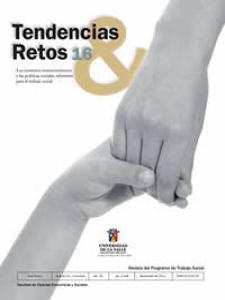Abstract
The research was made with a qualitative focus, carrying out inquiries and analysis of the men and women who are part of the municipal committees that participate in the project. The analysis showed that income is largely generated by commercialization and that males control this cycle stage. Wives, daughters or sisters that participate in this process are considered to be “assistants”, even by themselves. Control of cash payment obtained from sales is a male responsibility, even if women act as saleswomen at the product retail stores. The activity profile showed that women assume important production roles by simultaneously fulfilling their responsibility in the household and by showing subordinating attitudes. The production role does not necessarily generate selfawareness, autonomy and empowerment. The study suggests that, in order for an activity of economic opportunities to benefit from women’s empowerment, it must be linked to actions conscientiously aimed at transforming the sociocultural patterns of authoritarianism and subordination shown in the relationship between men and women, especially in rural societies.Downloads
Download data is not yet available.



